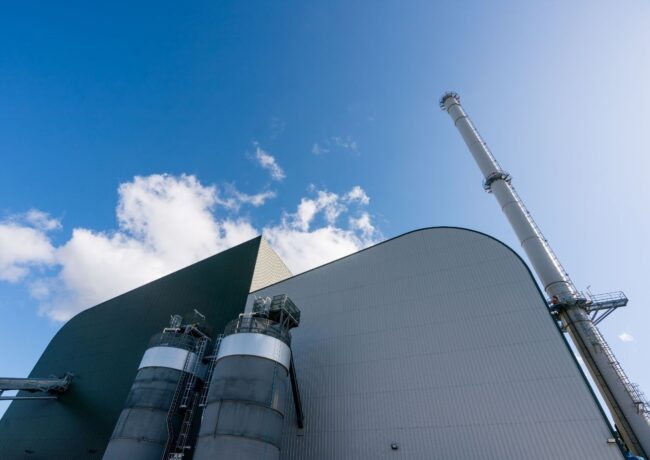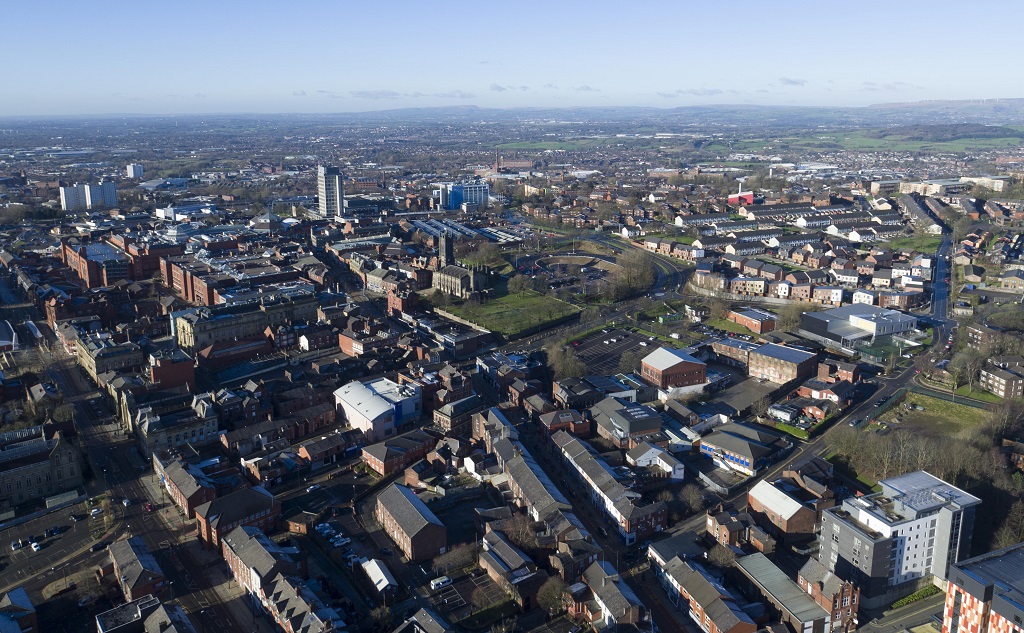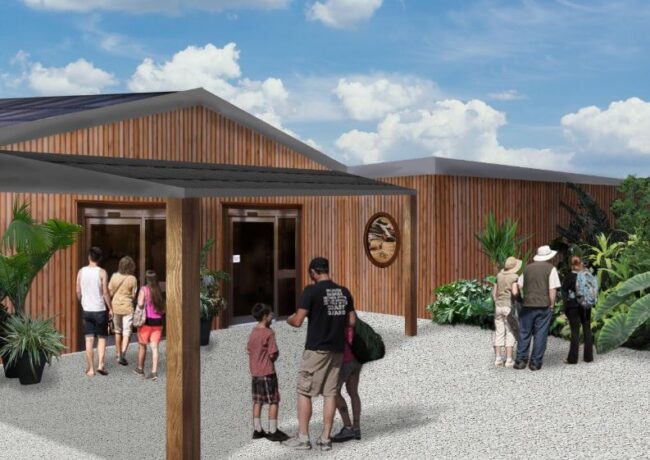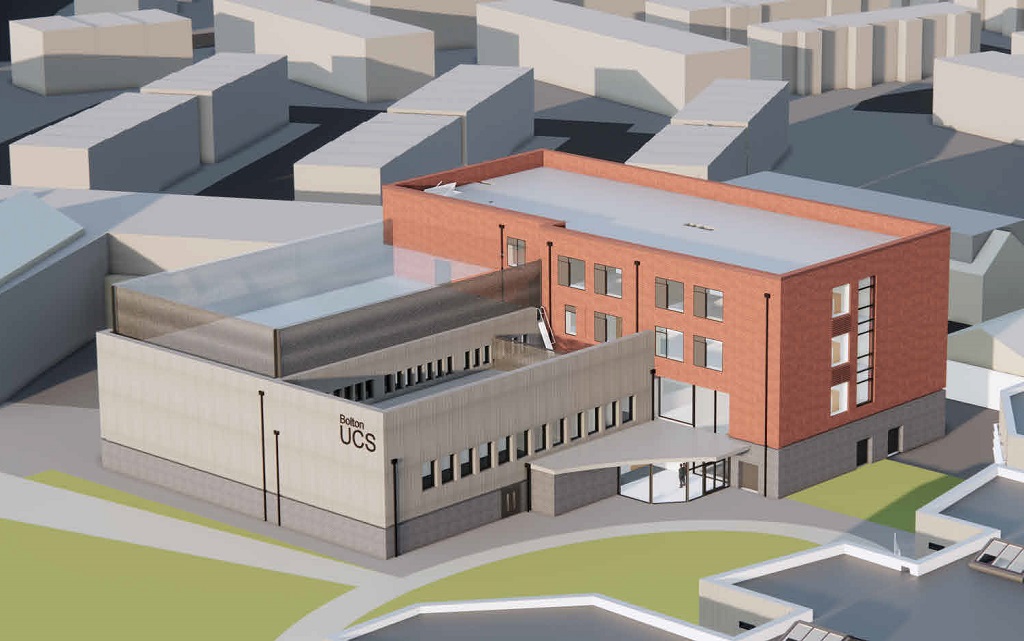Feasibility studies launch for carbon capture plant, pioneering heat network
Oldham Council is progressing its plans to use floodwater in old coal mines to provide heat to the town centre, while Bioenergy Infrastructure Group is looking to build a commercial-scale carbon capture and storage facility.
Ince Bio Energy with Carbon Capture and Storage
BIG has appointed WSP to deliver the feasibility study for its carbon capture plant, which would be based Ince Bio Power in Cheshire. Ince Bio Power is a large waste wood gasification plant. If successful, the carbon capture project would turn Ince Bio Power into a negative emissions scheme.
Ince Bio Energy with Carbon Capture and Storage facility will use technology designed by C-Capture to remove carbon dioxide from emissions. C-Capture’s tech uses up to 40% less energy than other carbon capture technologies, according to BIG.
Prashant Thapar, sector lead of net zero energy systems at WSP, voiced his enthusiasm for the project.
“We’re excited that BIG has selected our energy transition team to deliver this important study,” Thapar said.
“Our experienced net zero team will carry forward engineering designs developed during Phase 1 of the InBECCS Pilot Project to explore deployment of C-Capture’s innovative solvent-based technology at Ince Bio Power at commercial scale,” he continued.
“WSP has supported clients on their journey to commercialisation of first-of-a-kind carbon capture technologies for several years, and our team will use our learnings to de-risk the commercial-scale designs from technical and commercial perspectives.”
There are plans to connect InBECCS to HyNet in the future. The project has received funding from the Department of Business, Energy and Industrial Strategy through the department’s Net Zero Innovation Portfolio.
InBECCS is set to be operational by 2027, if not earlier, according to BIG. But for that to happen, BIG head of development Alex Young said that the government has to get involved.
“To ensure this project and others like it succeed, we would like BEIS to commit to a sequencing process for [Greenhouse Gas Removals] technologies,” Young said.
“We also want them to support business models that are inclusive of a wide range of circumstances, such as those at Ince; a retrofitted CCS plant powered by waste wood biomass. This will help deliver the quickest and broadest pathways to decarbonisation in the UK.”
Oldham Mine Water Heat Network
The Department for Business, Energy and Industrial Strategy has awarded more than £160,000 to Oldham Council for the next stage of feasibility works for the Oldham Mine Water Heat Network. This project has been in the works for years, with Ramboll conducting the first round of feasibility studies. Oldham has not yet appointed a contractor for this next round of work.
The mine water heat network would use floodwater in disused mines to generate heat for buildings throughout the town centre. Water in mines gets warmer the deeper it is – getting up to 40 degrees Celsius. This mine water can provide a continuous and sustainable supply of heat – making it a renewable and low-carbon heat option for the council. The heat in the water can be recovered for the network using heat exchangers and heat pumps.
Ramboll’s work found that the water in the coal mines could meet 98% of the heat demand in the town centre.
“We are proud to be piloting innovative ways to fight the climate and energy crisis and exploring new methods for affordable and clean energy,” said Oldham deputy leader Cllr Abdul Jabbar, who is also the cabinet member for finance and low carbon.
“Oldham is one of only a handful of towns in the UK to be developing plans for a mine water heat network,” he continued. “As the planet continues to suffer and energy bills hit record highs, we must do all we can find an affordable, eco-friendly solution.
“The mine water heat network is an exciting opportunity to use Oldham’s industrial heritage in a new and sustainable way and supports our Green New Deal commitment – to becoming carbon-free as a council by 2025 and as a borough by 2030.”
Oldham estimates this next stage of feasibility work to take around 18 months. The council aims to have the heat network operational by 2026.





